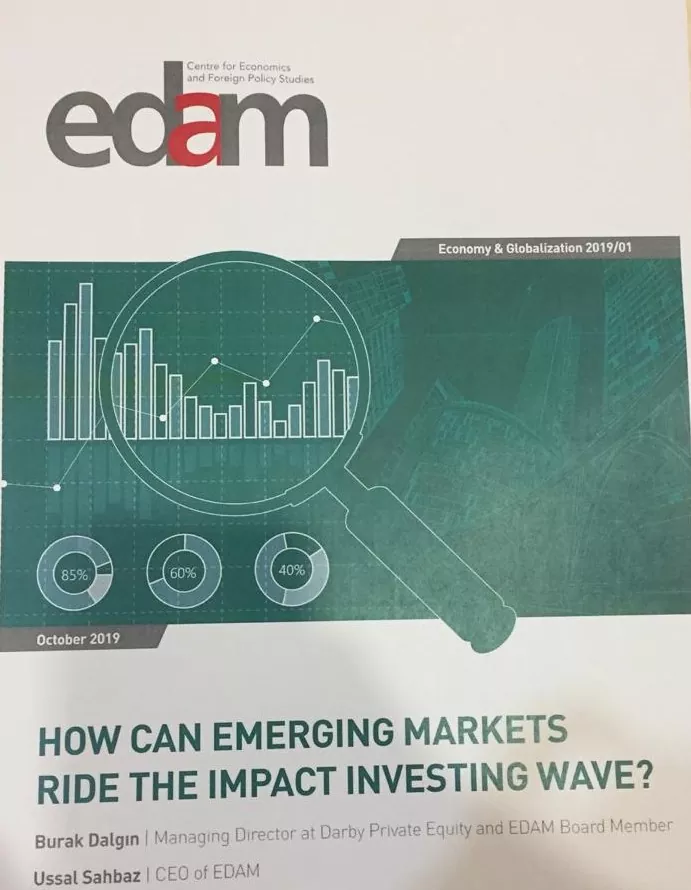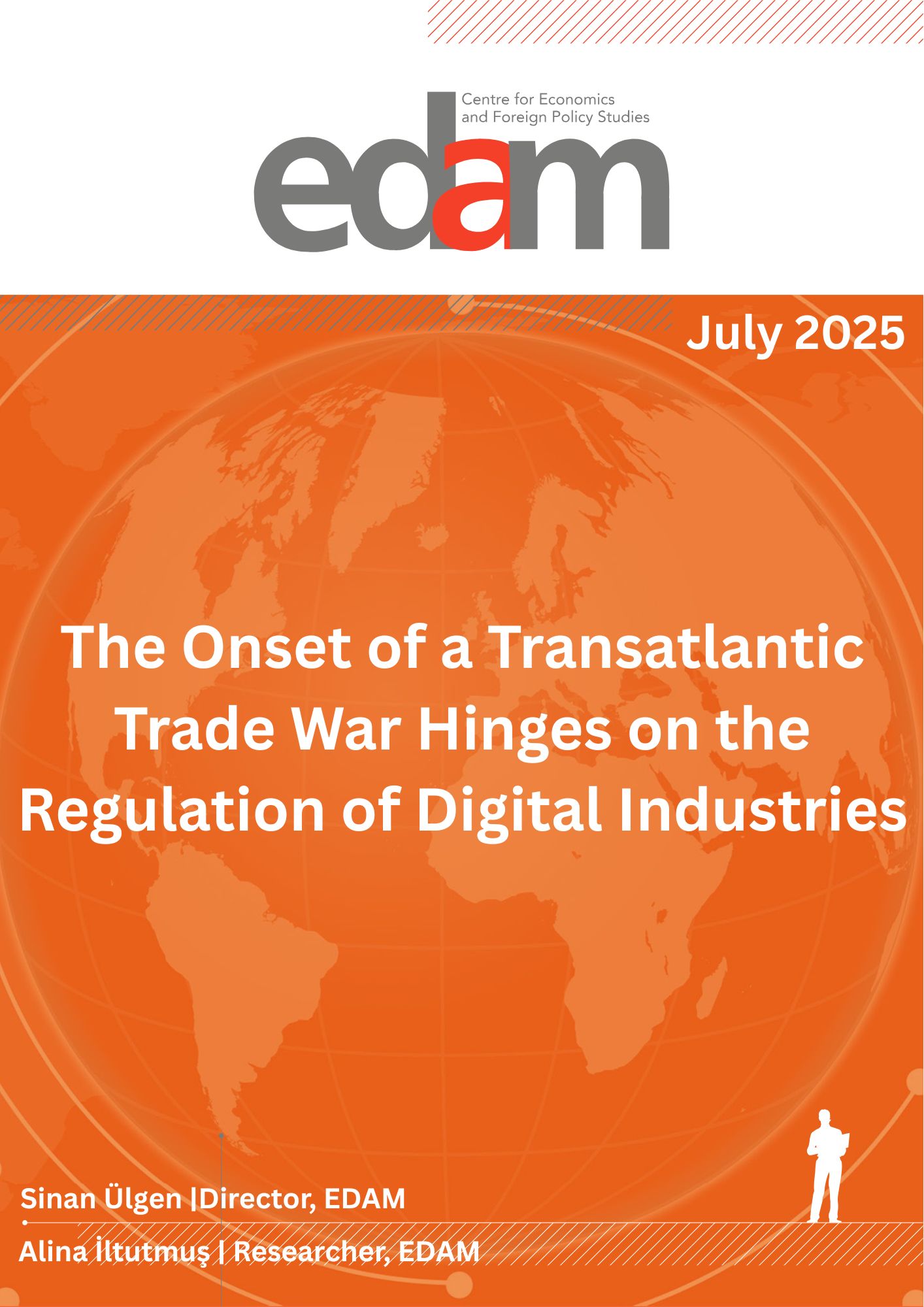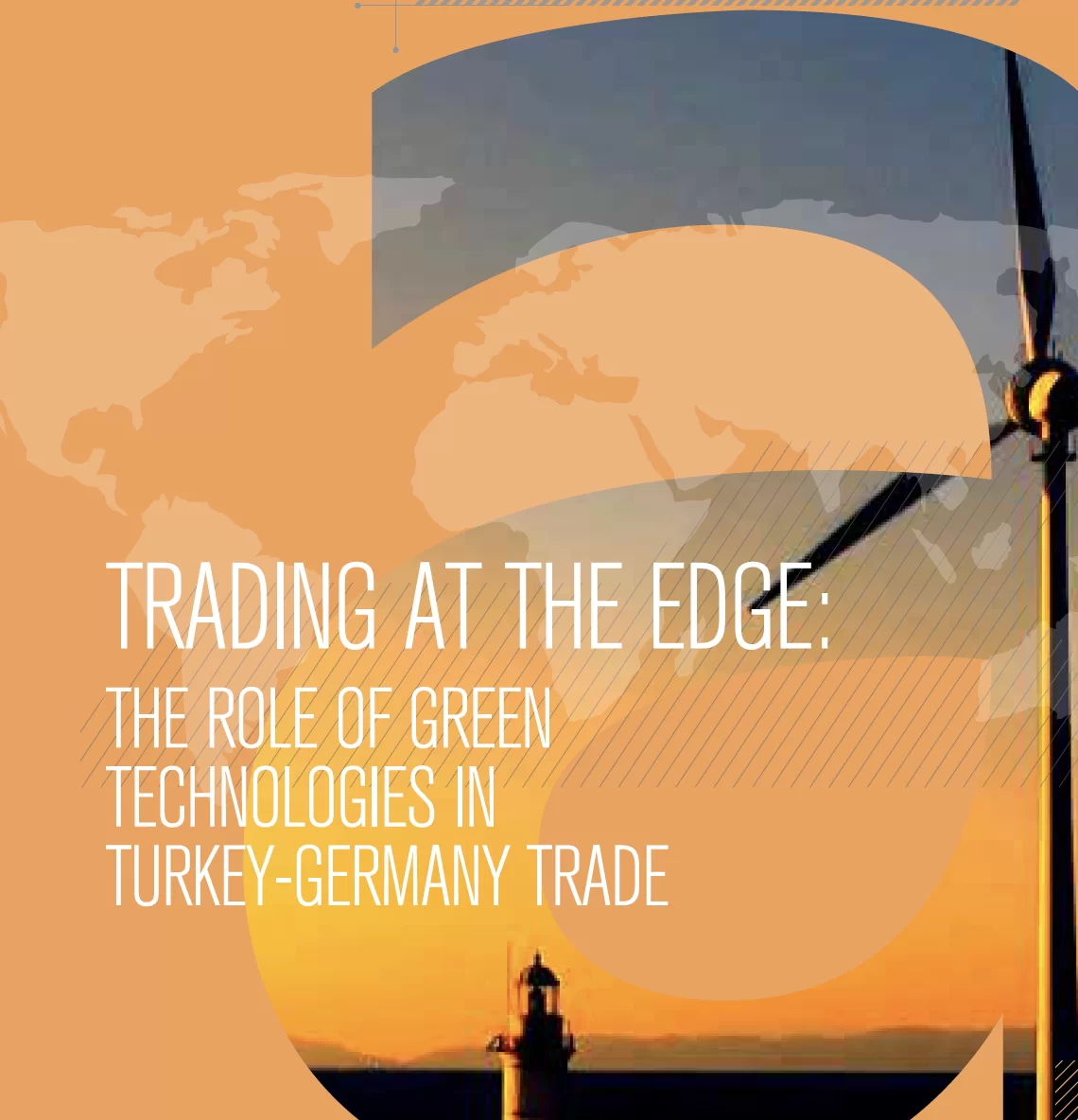
How Can Emerging Markets Ride the Impact Investing Wave?
BURAK DALGIN[1] and USSAL SAHBAZ[2]
“Society is demanding that companies, both public and private, serve a social purpose.”
Larry Fink – CEO, BlackRock
“This new way of business–where companies focus on people and not just profits, try to make the world a little bit better–should be at the heart of every modern company.”
Hamdi Ulukaya – Founder & CEO, Chobani
Impact investing is a very hot topic. From global financiers to academics, from successful entrepreneurs to development professionals, a diverse set of people talk about this relatively new phenomenon. Optimists hail it as the way to mend the rift between Wall Street and main street and a panacea for social issues that governments can no longer cope with. Pessimists see it as finance industry’s latest marketing gimmick to lure new clients or to “buy indulgences with the public”[3]. The reality is a bit more nuanced. We believe impact investing can indeed make a real difference in accomplishing sustainable development goals (SDGs), particularly in emerging markets[4].
However, meaningful challenges exist, as well. Just like emerging markets private equity has achieved over the past two decades, impact investing needs to develop capable teams, demonstrate track record and have long term backers to achieve scale and sustainability. This paper outlines seven potential ways for emerging markets to ride this wave.
[1] Managing Director at Darby Private Equity and EDAM Board Member. Opinions are his own.
[2] CEO of EDAM. Opinions are his own.
[3] Wall Street Journal columnist Holman W. Jenkins, Jr.
[4] This view has been enforced through our leadership role in the SDG impact accelerator (sdgia.org) established by Turkish Ministry of Foreign Affairs, and supported by Bill & Melinda Gates Foundation, World Food Programme, Qatar Development Fund, and Turkish corporates (Eczacibasi and Limak).









